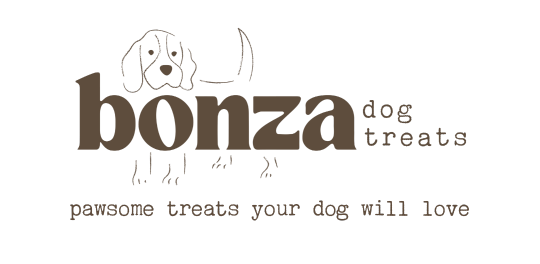Chewing for Puppies – Safe Options for Teething Troubles
Puppies have a natural urge to chew — and during teething, that urge is stronger than ever. Chewing helps relieve sore gums, keeps their developing teeth clean, and provides a safe outlet for their boundless energy. But not all chews are created equal, and giving your puppy the wrong one may lead to digestive issues or choking hazards.
Here’s a guide to supporting teething puppies with natural, safe chews that soothe, satisfy, and promote healthy development.
1. When Teething Starts and Ends
Puppy teething usually begins around 3–4 weeks, when baby teeth start appearing, and continues until about 6–8 months, when all adult teeth have come in.
During this time, puppies often experience:
- Sore, inflamed gums
- Increased chewing on objects (and sometimes shoes or furniture!)
- Drooling and mild irritability
Providing appropriate chews is essential to keep them comfortable and prevent undesirable chewing habits.
2. Signs of Teething Discomfort
Recognising when your puppy is teething helps you intervene with the right support. Common signs include:
- Excessive chewing or gnawing
- Drooling more than usual
- Mild gum bleeding
- Reluctance to eat hard food
- Irritability or restlessness
Chewing helps massage gums, distracts from discomfort, and strengthens jaw muscles, making it a natural relief strategy.
3. Best Natural Chews for Puppies
Not all chews are suitable for young teeth. Options we recommend include:
- Pork pizzle – Gentle on young teeth, yet still satisfyingly chewy.
- Ling twists – Small, long lasting, perfect for moderate chewers.
- Chicken jerky – Chewy, low fat treat.
Avoid extremely hard chews like goat horns or large bones, which can damage emerging adult teeth.
4. Supervision and Duration Guidelines
Even safe chews should be monitored:
- Supervise all chew sessions – Puppies can break off pieces that may pose a choking risk.
- Limit chew duration – Short sessions (5–15 minutes) prevent overuse and protect developing teeth.
- Rotate chews – Keep variety to maintain interest and encourage proper chewing habits.
Supervision ensures your puppy enjoys chewing safely, while still getting the mental and dental benefits.
5. Bonus: Treats to Avoid
Some treats may look appealing but aren’t suitable for teething puppies:
- Hard bones (risk of cracked teeth)
- Cooked bones (can splinter)
- Large, dense chews (may be too challenging for young jaws)
- Chews with artificial additives or flavourings (risk of stomach upset)
Stick to natural, digestible options and watch your puppy thrive.
Final Woof
Chewing is a crucial part of puppy development — it relieves teething pain, strengthens teeth, and satisfies natural instincts. It also releases endorphins - meaning it makes your puppy happy. So to keep you happy too, choose appropriate treats for your pup.
By choosing natural chews and supervising sessions, you’ll help your pup navigate teething comfortably and build a foundation for healthy lifelong chewing habits.
Browse our Treats for Puppies collection for more ideas





